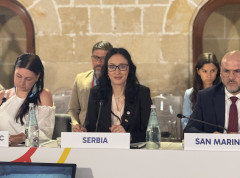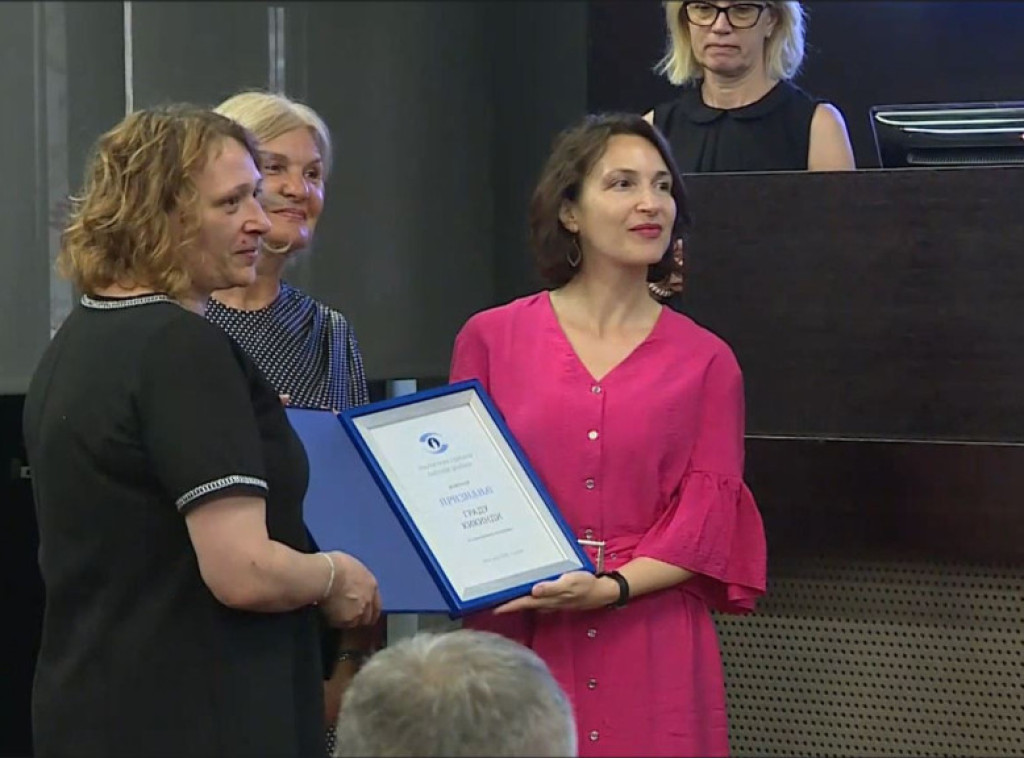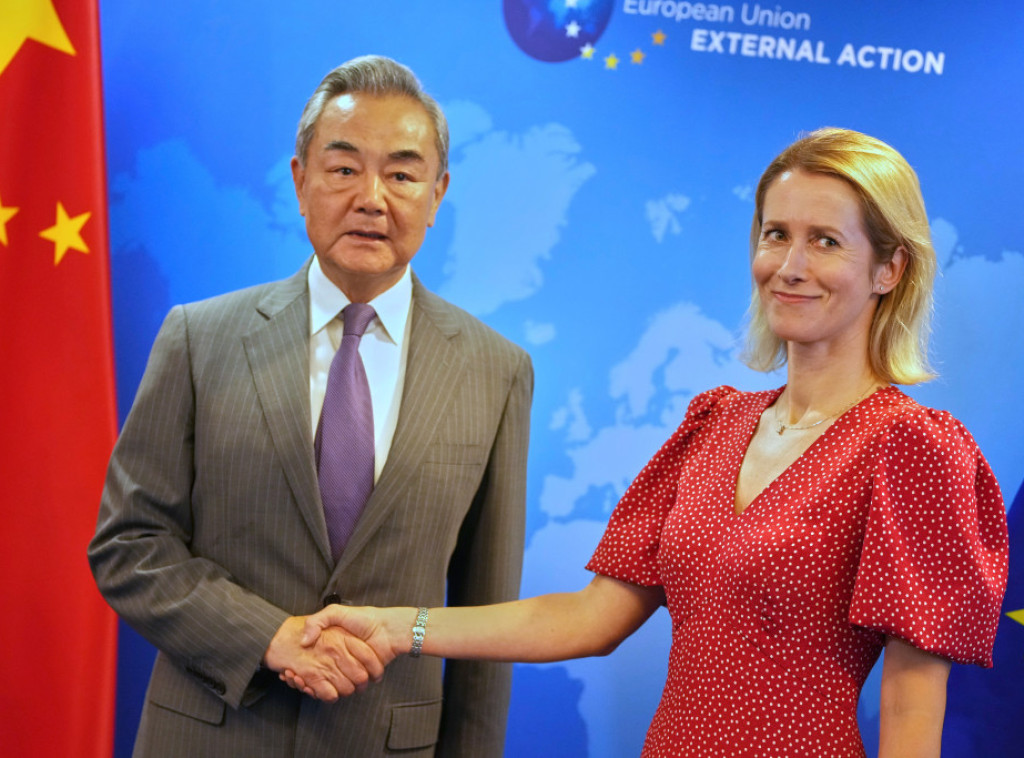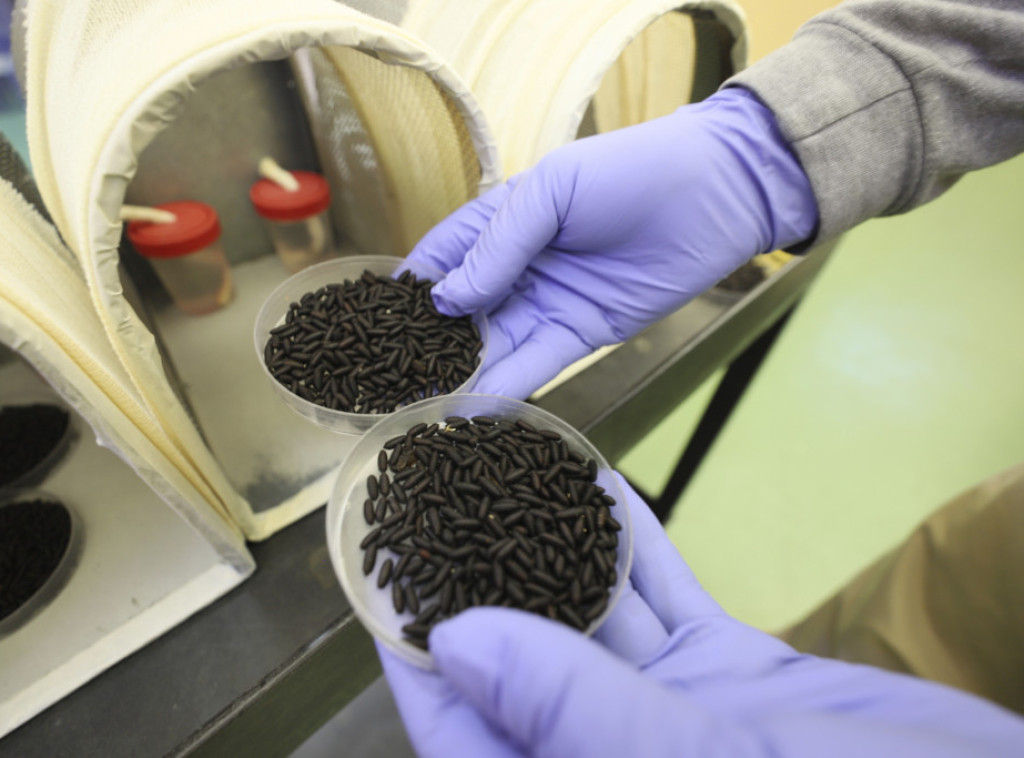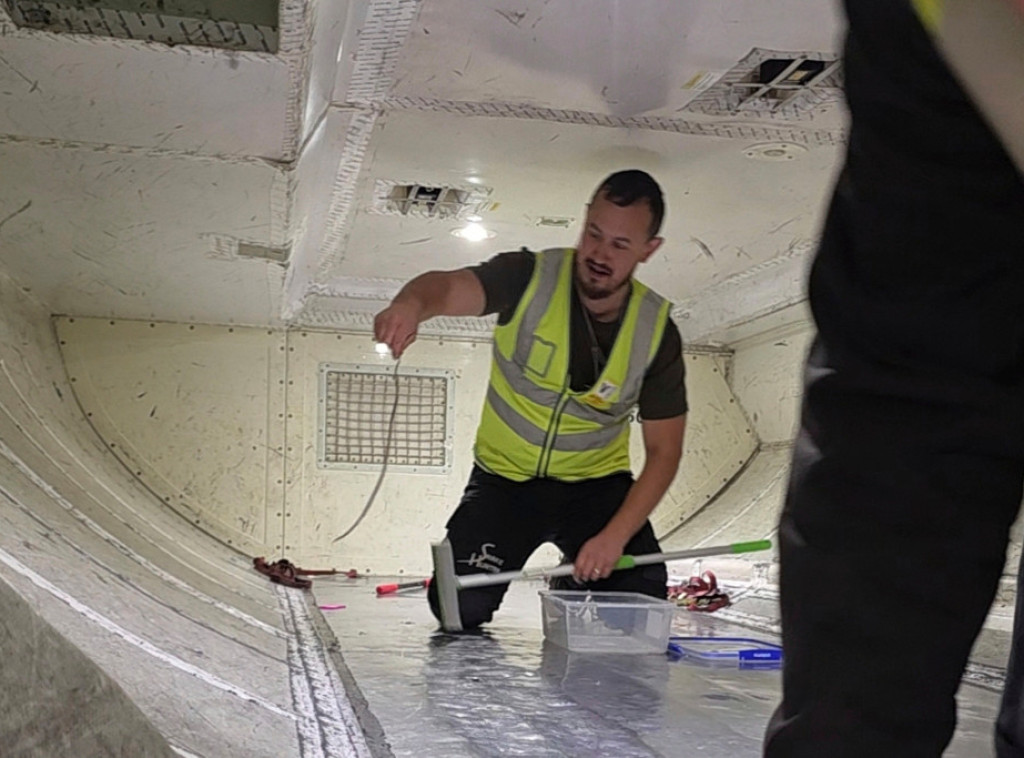Is Serbia really protecting children from sexual abuse or just paying lip service? Jelena Žarić Kovačević from the Ministry of Family Care and Demography claims Serbia is “truly committed” to child protection on the 15th anniversary of the Lanzarote Convention of the Council of Europe. But what does that really mean?
Serbia ratified this convention back in 2013 and reportedly implemented most of the recommendations. But what about the remaining measures still in progress? Can children truly feel safe while the work is still “ongoing”?
Minister Žarić Kovačević boasts about a new protocol adopted in February 2023, supposedly upgraded to meet modern societal challenges. But is that enough in an era where artificial intelligence and the internet become tools for abusers? She herself says AI presents a “double challenge” — new protection opportunities but also new tools in the hands of offenders. So what is Serbia doing to tackle this?
There’s the “Cyber See” project connecting regional countries in the fight against cybercrime, and the national online platform “Čuvam Te” (I Protect You), active for two years. This platform allows urgent reporting of violence and tracks case progress. Sounds great, but how effective is it really? How many children are truly protected thanks to these tools?
Also, a national internet safety contact center has been established, with police officers and prosecutors trained nationwide. All sounds serious, but as long as even one child is at risk, no success can be final, as the minister herself admits.
At a conference in Valletta, where Serbia chaired the Council of Europe’s Committee on Child Protection, a joint declaration was adopted reaffirming commitment to fight sexual exploitation and abuse of children. But will this be just another declaration or will it actually change things?
Bottom line? Serbia has made steps forward, but the world is changing fast and children remain at risk. Is our country ready to face new challenges or will we keep talking pretty words and waiting for problems to solve themselves? Got thoughts? Drop them in the comments — maybe your critique will spark real change!







